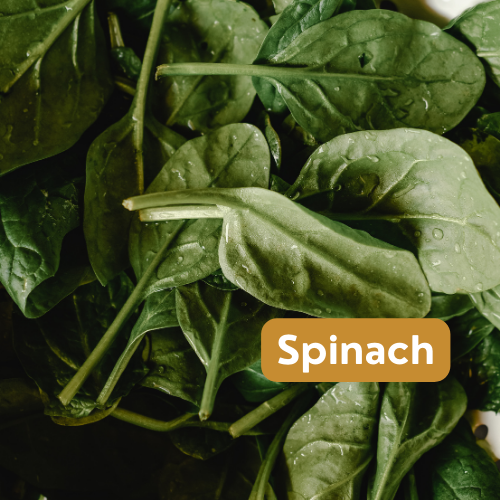
Modern Agricultural Practices
Welcome to our blog post on Agro Farms and the comprehensive guide to modern agricultural practices. In this article, we will explore the various aspects of modern farming techniques and the importance of sustainable farming methods. With the ever-growing demand for food globally and the need to minimize environmental impact, it is essential for farmers to adopt modern practices that maximize efficiency and minimize resource depletion.
Sustainable Farming Methods
Sustainable farming methods have gained significant attention in recent years due to increasing environmental concerns. These methods aim to provide food and other agricultural products while conserving natural resources, promoting biodiversity, and reducing the ecological footprint. Let's take a deep dive into some of the sustainable farming practices that are shaping the modern agricultural landscape:
1. Crop Rotation
Crop rotation is a practice that involves growing different crops in a sequential pattern on the same land. This technique helps to reduce soil erosion, minimize pest and disease outbreaks, and enhance soil fertility. By rotating crops, farmers can optimize nutrient utilization and maintain a balanced ecosystem, resulting in healthier and more productive fields.
2. Precision Agriculture
Precision agriculture utilizes technology and data to improve efficiency and productivity on farms. This approach involves the use of sensors, GPS, and drones to collect data on soil conditions, crop growth, and environmental factors. By analyzing this data, farmers can make informed decisions about irrigation, fertilization, and pest management, reducing waste and optimizing resource allocation.
3. Organic Farming
Organic farming such practised by Qurban Agro, is a method that aims to produce food without synthetic inputs such as pesticides, herbicides, and genetically modified organisms (GMOs). Instead, organic farmers rely on biological pest control, crop rotation, and the use of organic fertilizers. This practice promotes soil health, biodiversity, and the production of nutritious and environmentally friendly food.
4. Agroforestry
Agroforestry is a sustainable land use system that combines tree cultivation with agriculture. It involves planting trees alongside crops or livestock, creating a symbiotic relationship between them. Agroforestry provides numerous benefits, including improved soil fertility, water conservation, carbon sequestration, and diversified income opportunities for farmers.
5. Hydroponics and Vertical Farming
Hydroponics and vertical farming are innovative techniques that allow crops to be grown without soil, often in urban environments. Hydroponics involves growing plants in nutrient-rich water, while vertical farming utilizes vertical stacks or towers to maximize space utilization. These methods minimize water usage, eliminate the need for pesticides, and enable year-round production, making them highly efficient and sustainable.
6. Conservation Tillage
Conservation tillage refers to minimizing soil disturbance during planting and cultivation. Instead of traditional plowing, farmers use techniques such as no-till or reduced tillage, leaving crop residues on the field. Conservation tillage helps to retain moisture, prevent erosion, and improve soil structure, while also reducing fuel consumption and greenhouse gas emissions.
7. Integrated Pest Management
Integrated Pest Management (IPM) is an approach that focuses on balancing various pest control strategies to minimize the use of chemical pesticides. IPM involves a combination of cultural practices, biological control, and targeted use of pesticides when necessary. By adopting IPM, farmers can effectively manage pests while reducing potential risks to human health and the environment.
Conclusion
The field of modern agricultural practices is vast and ever-evolving. By embracing sustainable farming methods, farmers can not only increase their productivity and profitability but also contribute significantly to environmental conservation and the long-term sustainability of food production. The techniques discussed in this article are just some of the many practices being employed by agro farms around the world.
As society continues to prioritize sustainability and the protection of natural resources, it is crucial for farmers to stay informed about the latest developments in modern agriculture. By integrating these practices into their operations, agro farms can lead the way in creating a more sustainable and resilient food system for future generations.
























